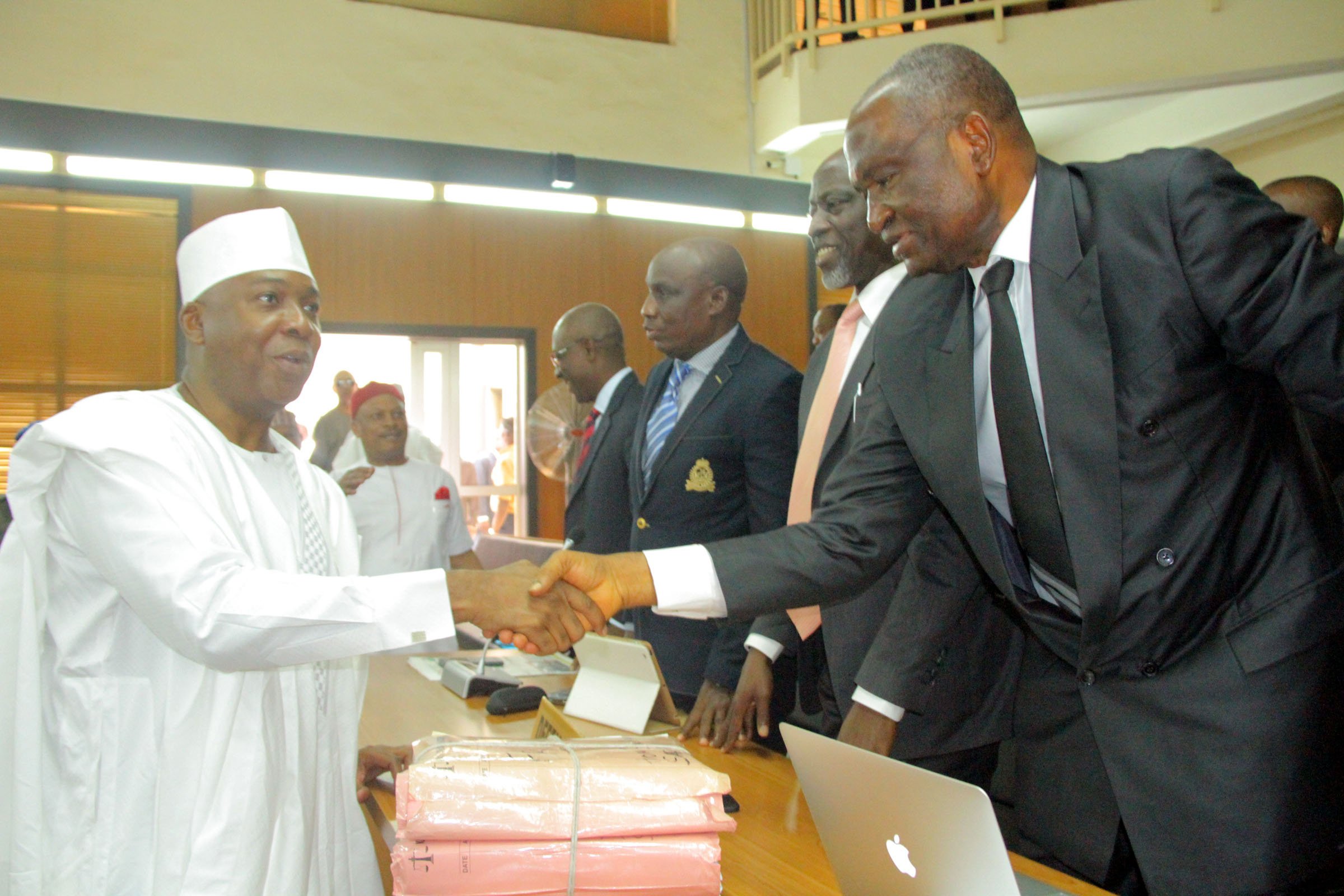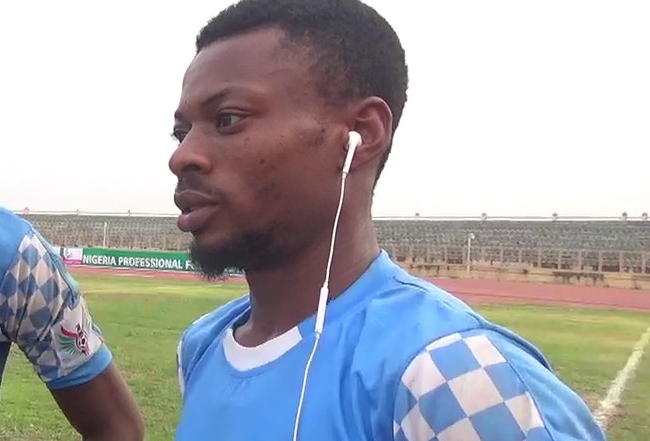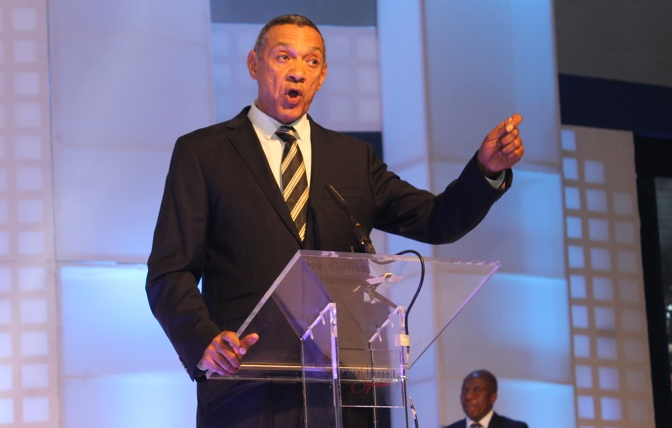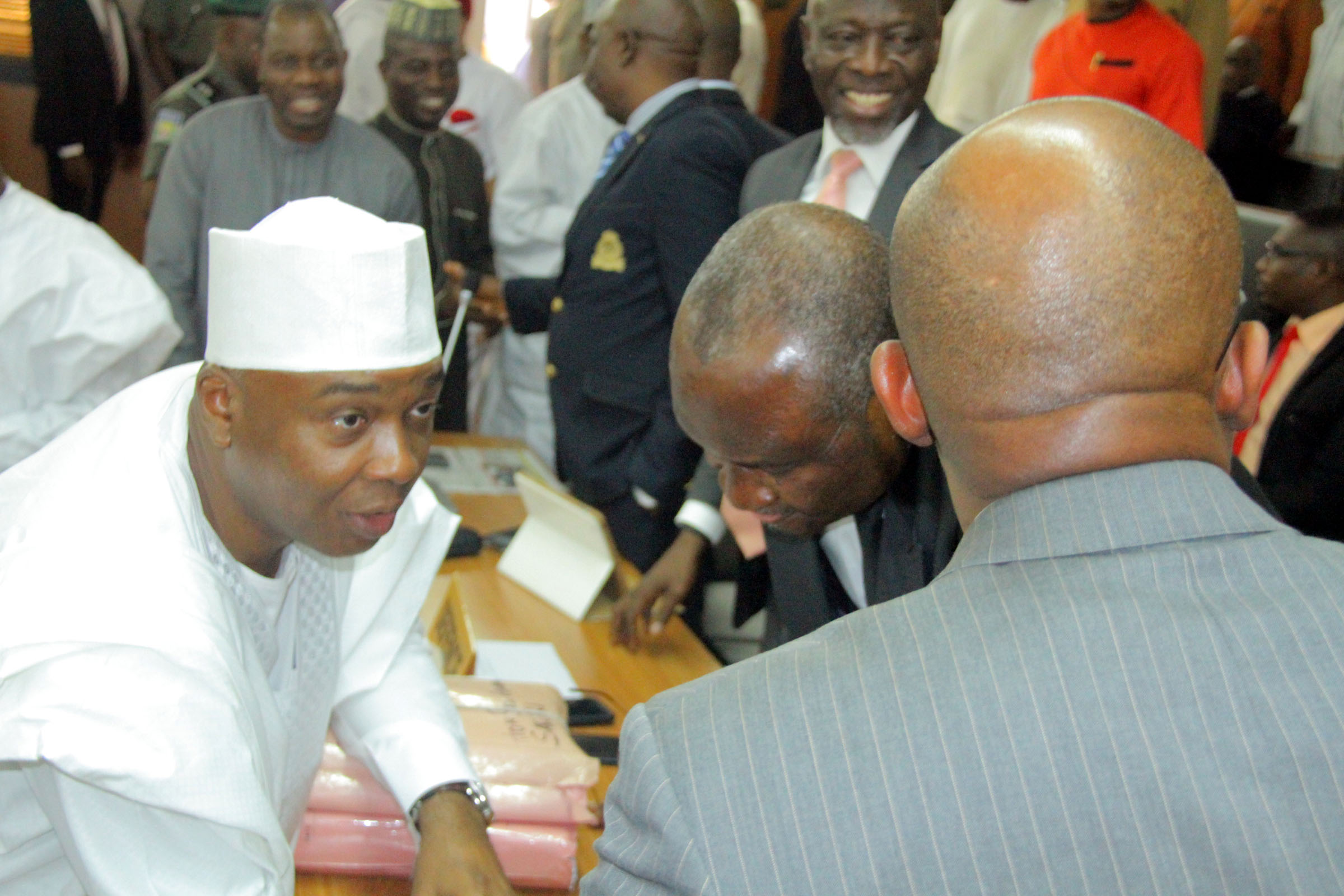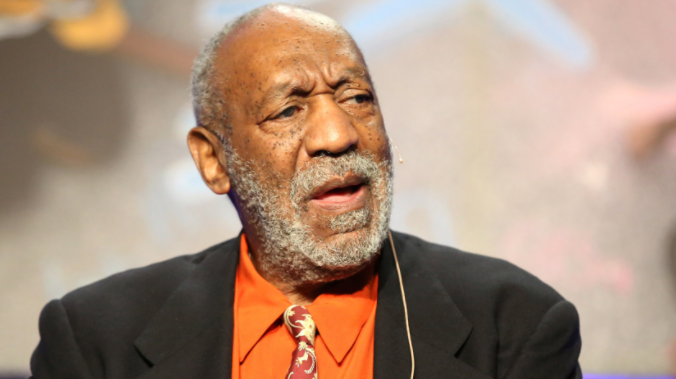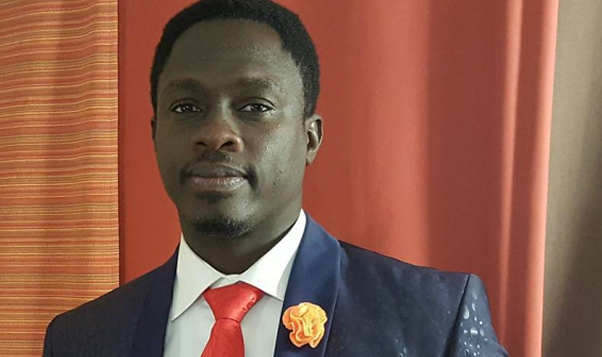In September 2015, the Code of Conduct Bureau (CCB) filed charges of false asset declaration against Senate President Bukola Saraki at the Code of Conduct Tribunal (CCT).
But his trial — one of the high-profile legal cases of 2016 that began back in 2015 — did not commence until March 2016, owing to some legal bottlenecks. Afterwards, the trial gained steam after the supreme court ruled that it must continue.
Saraki had filed an appeal at the apex court, challenging the decision of a lower to sanction his trial.
Here is a rundown of key aspects of the trial in 2016.
Advertisement
MARCH 11
Saraki arrived at the CCT in company of 30 senators.
MARCH 18
Advertisement
Danladi Umar, CCT chairman, fixed March 24 for ruling on an application of Saraki to quash the charges of false declaration assets filed against him by the CCB.
Kanu Agabi, counsel to Saraki, asked the tribunal to give room for the hearing of the motion, stating that it was in line with the law.
He stated that the attorney-general of the federation had no power to enter a charge against the senate president, hence the tribunal has no jurisdiction to entertain the charges against him.
Umar dismissed the application on the adjourned date.
Advertisement
APRIL 6
Ninety lawyers announced their appearance for Saraki, an increase in the number of lawyers that appeared for him previously at the CCT.
APRIL 20
Again, Saraki asked Umar, CCT chairman, to withdraw himself from his trial.
Advertisement
In an application filed by Raphael Oluyede, his lawyer, the senate president asked Umar to disqualify himself from the case on the grounds that he was biased.
APRIL 28
Advertisement
The CCT allowed three additional criminal charges against Saraki.
In one of the amended charges, he was accused of receiving monthly salaries from Kwara state government – from 2011 to 2015 – after he had left office as governor and while he was a senator.
Advertisement
MAY 10
Danladi Umar, CCT chairman, on Tuesday, gave a ruling in favour of Saraki for the first time.
Advertisement
As the case was called, Rotimi Jacobs, counsel to the Code of Conduct Bureau (CCB); the prosecution, complained that the cross examination of Michael Wetkas, a principal witness, had taken much time because the defence team kept changing the lawyers examining the witness.
But in his ruling, Umar held that Saraki had the right to engage as many lawyers as he wanted, and to choose which one of them would speak for him in court.
“The defence has the right to conduct their defence the way it suits them. What we are here to do is to give fair hearing. Paul Erokoro can now conduct the cross examination,” he held.
JUNE 1
Saraki’s trial did not take place as scheduled.
On May 25, the CCT chairman, had adjourned the trial to June 1 for the continuation of cross-examination of the prosecution witness, Michael Wetkas.
JUNE 7
Danladi Umar, CCT chairman, said Saraki was tactically delaying his trial to avoid “final consequences”.
He made this statement while addressing Saraki’s lawyers
JUNE 21
Saraki accused CCT chairman of bias.
Arguing a motion seeking the withdrawal of Umar from his trial, Saraki through Paul Erokoro, one of his counsel, alleged that the CCT chairman had already decided his fate unfavourably.
“It is no longer possible for my lord to be fair in this trial,” he alleged.
Erokoro argued that the statement of Umar — in which he said that Saraki was tactically delaying the trial to avoid final consequences — had shown the CCT chairman as being biased against his client.
He, therefore, urged the judge to “recuse” himself for the sake of fair hearing.
JULY 12
Saraki’s trial was adjourned owing to the annual 2016 annual recess to be embarked upon by the tribunal’s judges.
OCTOBER 8
Danladi Umar ruled that he would not withdraw from Saraki’s trial.
Saraki had asked Umar to withdraw from his trial on the grounds that he was biased.
The senate president, through his counsel, Kanu Agabi (SAN), had said that he had no faith in the tribunal to give him justice.
He cited a statement wherein the chairman said that the defendant was afraid of “final consequences”, hence he was stalling the trial as a case of bias against the tribunal.
But in his ruling, Umar held that he would not withdraw from the trial because there would be no one to sit-in judgment over the case.
“The application to recuse myself has not been contemplated in the constitution. In the absence of a chairman, this trial cannot go on, therefore I cannot recuse myself. The chairman is the tribunal; without the chairman there is no tribunal.” he said.
NOVEMBER 8
Danladi Umar adjourned the trial of Saraki to January 11.
Umar announced the adjournment after sitting for only 30 minutes.
Before his announcement, he allowed Paul Usoro, Saraki’s counsel, to finish cross-examining Michael Wetkas, a detective of the Economic and Financial Crimes Commission (EFCC) and prosecution witness.
Usoro cross-examined Wetkas on count 16 of the charge of false declaration of assets brought against Saraki by the Code of Conduct Bureau (CCB).
2017
JANUARY 11
This was the first day that the trial was heard in 2017, and the charges were increased to 17.
FEBRARY 23
His charges got increased to 18, and he pleaded not guilty to all charges.
MARCH 22
Saraki lawyers engaged the team of the federal government in shouting match over a question a witness could not answer
APRIL 6
Tribunal adjourned the trial to April 18 but was later adjourned to April 25 following a notice to the effect of the further adjournment by the tribunal.
APRIL 27
The case was adjourned again for the fourth time, because of the absence of a witness
MAY 4
He informed the CCT of his intention to make a no-case submission. He said he would need the complete record of proceedings since 2015 when the case started to enable him make his no-case submission in line with provisions of the law.
MAY 26
Saraki, through his no-case submission, contended that none of the exhibits tendered and no evidence given by the four prosecution witnesses linked him to the alleged offences to warrant him to defend the charges.
JUNE 8
The Danladi Umar-led two-man panel reserved its ruling after hearing Saraki’s no-case submission and the federal government’s objection to it on June 8.
JUNE 12
Ibrahim Auta , chief judge of the federal high court, acceded to the request by Saraki to direct one of the judges serving under him, Abdul Kafarati to deliver judgment in his case.
Saraki had sued Danladi Umar, chairman of the CCT, and others involved in his trial, before the federal high court.
JUNE 14
The tribunal cleared Saraki of all the charges, saying there was no sufficient evidence against him.
